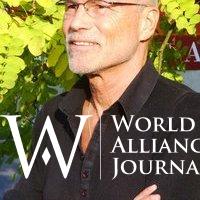
Prof. Thomas A.Bauer, University of Vienna (Photo.Uni.Vienna)
Professor, it is well known that you are the one who laid the foundation for cooperation in training and doing scientific research in journalism and communication between the Academy of Journalism and Communication in Vietnam and the Institute of Communication, University of Vienna and Europe, so could you please share in more detail some outstanding achievements of both sides during the past few years? (For example, organizing summer courses, guiding Doctoral Dissertations, training and improving capabilities of journalists, and so on.
Prof. Thomas A. Bauer: Yes, the cooperation between AJC and the Department of Communication at the University of Vienna contains various modules built on both sides’ interests to learn from each other by exchanging knowledge, experiences, and concepts of media communication education and science within an academic framework. As we are dealing with media and communication, with journalism, advertising, and public relations, society and its social and political formats matter, of course. This is the point that makes the cooperation so interesting and meaningful, for both sides.
The structural and ideological differences of socio-political culture, of concepts and practice of political and societal democracy as given on both sides have ever been and still are more motivation for curiosity than an obstacle. The exchange of concepts and perspectives, of theories of practice and of scientific practice of theories, based on collaboration and critical discourse, is the more meaningful the more we find ourselves to be different to each other. So it makes sense to be aware of the difference as a source of knowledge of possibilities for how to do, how to practice, how to manage, and how to govern a society in a media-related social and political environment.
As we in Vienna always have been experiencing lot of respect from our partners from AJC Hanoi in all our common and joint activities, so we always have approached the academics coming from Hanoi to Vienna with curious respect and feeling them as our professional friends aiming the similar goals of servicing the society understanding and improving the personal, social, societal and political different culture of communication – even if under - and because of different ideological umbrellas.
That orientation was and is the ground of all the common activities we have developed and, to mention it by the way, it was the wise hand of open leadership of all the AJC-rectors since the cooperation mechanism was established in 2012 to foster those activities with generous decisions and personal engagement. For example, the scientific seminars on current theories and methods in communicology and mediology, attended by lecturers, researchers, and senior students of AJC, thus developed the curricula, enhancing the teaching competences and widening the perspectives of academic media education, realized at the Department of Communication in Vienna. This has happened five times, each time with some steps of learning how to enhance efficiency and effectivity.
The same is with the so-called Hanoi Media Days, planned to happen every second year, focusing on the contemporary challenges of global media society. Those conferences, attended by media scientists, researchers, students, and practice-experts, should serve as a platform for a transcultural and interdisciplinary exchange between scientists and media professionals.
Next to those structural elements, I personally had the chance to teach, to give presentations, and to co-supervise doctoral studies of students who, as such, have played a meaningful role during the last years’ internationalization of AJC and especially for the AJC-UniVie-cooperation.

Prof. Thomas A. Bauer, Austrian-Vietnamese scientists meet with President of Austria Heinz Fischer (April, 2014).
Because of your tireless dedication, you have been honored to be one of the Academy's first two Honorary Doctorates by the Academy. So, what does it mean for you?
Prof. Thomas A. Bauer: I am happy having had all the time free hand for the creation and for the establishment of that cooperation – from both sides and on both sides having partners and colleagues to discuss and to set up structures of collaboration, meant to maintain sustainable and reaching to future chances and challenges. I think for that I was honored by the Honorary Doctorate, which means a lot to me personally, but also to our Department at University of Vienna becoming more and more aware to each other as partners challenged by the global media change, which pushes and pulls the social and cultural change, and of course, the self-concept of both societies. The global media change brings us closer to each other on a new or on a next level understood as media society. It will be the task of the next, already growing up academic generation to keep in touch to the sources, resources, and potentials of the societies: balancing the weights and values of societal identity, hybrid ambient of cultural grounds and of cultural horizons of societal identity.
Professor, you have taught in many countries, and many of your students have been scientists, politicians, journalists, and other professionals all over the world. What do you think of your students at the Academy of Journalism and Communication in particular, and Vietnam in general?
Prof. Thomas A. Bauer: I feel, after all, really blessed with the possibilities and the personal condition of energy and mission, having been able to use and to spend quite a lot of international academic relations in so many academic institutions in many countries in four of five continents, immensely thankful for engagements, invitations, and nominations as guest lecturer, as visiting professor, as keynote speaker, or as international scholar. It is, maybe, a characteristic of the script of my life, being at home, feeling myself on my feet and on the ground when abroad. I learned to be myself and to become familiar with the people I meet on my way. And a way emerges when going and doing your work as a life in a model of a journey. As far as I can see now, there are not yet the last meters, but the most part of the way is done. In that sense I am really honored and happy to have been able to make station at AJC and by that being a part of those 60 years of AJC and having become a distant relative of the AJC family.

Prof. Thomas A. Bauer and Prof. Ta Ngoc Tan, Assoc. Prof, Dr. Truong Ngoc Nam witnessed and signed an agreement to promote training and research cooperation between University of Vienna and Academy of Journalism and Communication (April, 2014).
What profound impressions did your trip to the East and Vietnam for lectures and seminar organization leave on you?
Prof. Thomas A. Bauer: Saying that I feel by my heart exactly that: AJC is comparatively a small institution with the strength of its members: members are related to each other like a family, fostering the model of a natural hierarchy: each one takes care of the next from the bottom up and top down. Each one knows today better than in generations before: families, understanding family as a social model or format of natural relations, can change – in all meanings of the term: they might they would, and they will change. Growing further, someday the AJC family might appear as a next-to-next family, as a patchwork family, a family not by means of natural conditions, but by the co-orientation of mutually different and special competences. It could be that the circumstances of the complexity of science and education support such trends faster than we realize now. An intern accorded program of internationalization will, among other conditions help to maintain as a family, mutually related and as such successful by being known, recognized, and remarkable from outside.
Professor, it is well known that Academy of Journalism and Communication, Vietnam and the Institute of Communication, University of Vienna have signed twice to strategically collaborate on training and scientific research, so what are your plans to transfer this on to the next generation so that the both sides can continue to maintain and develop this good relationship in the future?
Prof. Thomas A. Bauer: Unfortunately, the pandemic has interrupted the ties we have already set in grounds. Activities could be realized over more than two years. This has eroded the cooperation, once (2017) signed in a Memorandum of Understanding between the AJC-Rector Truong Nam and UniVie-Dean Ulrike Feldt. The memorandum was prolonged in 2019 with the request of enhancing common and joint research. Topics for that have been suggested by means of a paper presented and discussed in a meeting in Hanoi. A short outfall of myself and the following pandemic lead for a while to a freeze mode, which I hope will end soon. As a reanimation program I have already sent a proposal for a research-and teaching (curricula development) project on sustainability, which still waits to be discussed.

International Scientific Conference - Journalism in globalization: chances, challenges, and perspectives
As one of Austria's and Europe's leading media and journalism researchers, would you be willing to consult Vietnam on specific strategies for developing the national brand in the international media and journalism profession?
Prof. Thomas A. Bauer: That is what I just was mentioning: I thought within and through that project on sustainability communication AJC as a well-recognized institution of journalism education, could focus on environmental or climate journalism – giving the profession a specification on the one hand and changing the character of journalism from a top-down or one- to many model of public interaction to a model of moderation – meaning to produce news from a social media-related focus group model. Trying and experiencing such a model and finding by that an effective communication focusing on sustainability could become an outstanding and unique “selling” position. Through and by the structural change of journalism, mirroring the development of the society (as all over) in Vietnam could brighten the horizon of future of journalism.
In the past, in the 1972s, when you were a student, you and some other Austrian and European intellectuals, such as Dr. Peter Jankowitsch, President of the Austrian Friendship Association, Austrian President Heinz Fischer, and others, used to go down the streets to protest the Vietnam War, which was reported in many newspapers in Austria and Europe, and it put pressure on the Austrian government and three other European countries at the time to sign recognition of Vietnam's independence (prior to Vietnam's independence). Do you still continue that love for Vietnam?
Prof. Thomas A. Bauer: No doubt about it! Yes, when I was a communication student in Salzburg, together with the at that time famous futurist philosopher Robert Jungk, first time I got notion of Vietnam. The love today has other, new motifs: people, culture and the tangible desire of smooth change.
There is no denying the importance of the media in promoting friendship between Vietnam and Austria in the past, and this year marks the 50th anniversary of the establishment of Austria-Vietnam diplomatic relations, so according to you, how influential do you believe the media and journalism will be in future diplomacy between Vietnam and Austria, Europe?
Prof. Thomas A. Bauer: Maybe the culture of social media conversation will - beyond formal bonding between the countries – establish new constellations of communication, interaction and collaboration. The formal diplomacy will for sure will work, but maybe more in the interests of the power of institutions, organizations and political programs. Next to such an institutional program of diplomacy, the global social media network is on the way to build communities (social bodies) with no, or at least less notice or attention of nationality. So much important formal politics and policies for the welfare of a society might be, so much publicly relevant those new voluntary and volatile communities will be. Saying that means: we all – communication scientists - should pay more attention to those emerging models of social practice. Is another field to be remarked by journalism-related institutes.

Prof. Thomas A. Bauer and AJC family
Professor, on the occasion of the Academy of Journalism and Communication's 60th anniversary and the 50th anniversary of the establishment of Austrian-Vietnamese diplomatic relations, what message do you want to deliver to the next generation of lecturers, scientists, young journalists, and all of Vietnamese and Austrian people?
Prof. Thomas A. Bauer: The times we are facing now say clear: we are overhanding to a next generation an extremely complicated world. It is the task of science to face that complexity as a chance of change, not reducing the complexity, but searching for its meaning and for the mindset a next generation needs to own in order to find a model of social order that is able to be accepted as an interpretation of sense of sociability. Communication studies need for that much more philosophy (philosophical models of interpretation) than we are using now so far: For the next 60 years of AJC, there is more to think than we do and there is more to do than we think: I do love AJC.
PROMOTED
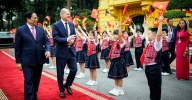
On November 13th, the Federal Chancellor traveled to Vietnam before visiting Singapore and Indonesia on his Southeast Asia trip, taking advantage of talks with the Vietnamese Prime Minister, among other things, to advocate for the strengthening of bilateral relations.
WAJ- An international exhibition in Vienna showcasing developments in the building materials industry and the latest technologies in the field of infrastructure
- SHARK DANG HONG ANH – A LEADER OF YOUNG LEADERS
- KOVECA – A Vision for Economic and Cultural Integration Between South Korea and Vietnam
- Austria and Vietnam celebrate 50 years of bilateral relations and confirm a leap in economic cooperation
- Young translator conquers the ancient Greek classic Anabasis – Memoir of the Persian Expedition
- Austria news - Usama Nosshy channel covers Asean's 55th anniversary celebrations at the United Nations in Vienna
- VietnamPlus Newspaper reported about ASEAN's 55th anniversary at the United Nations in Vienna
MOST VIEWED
The two Kings Philippe and Van der Bellen havedifferent backgrounds, one is of royal origin, and the other is a child of a refugee family (once of noble origin) but now, in the eyes of the European public, both of them are giving off a sense of courtesy, virtue and erudition.
WAJWith the attendance of many international figures, the 80th anniversary of the end of World War II was celebrated at the United Nations headquarters.
Journalist Usama Soliman

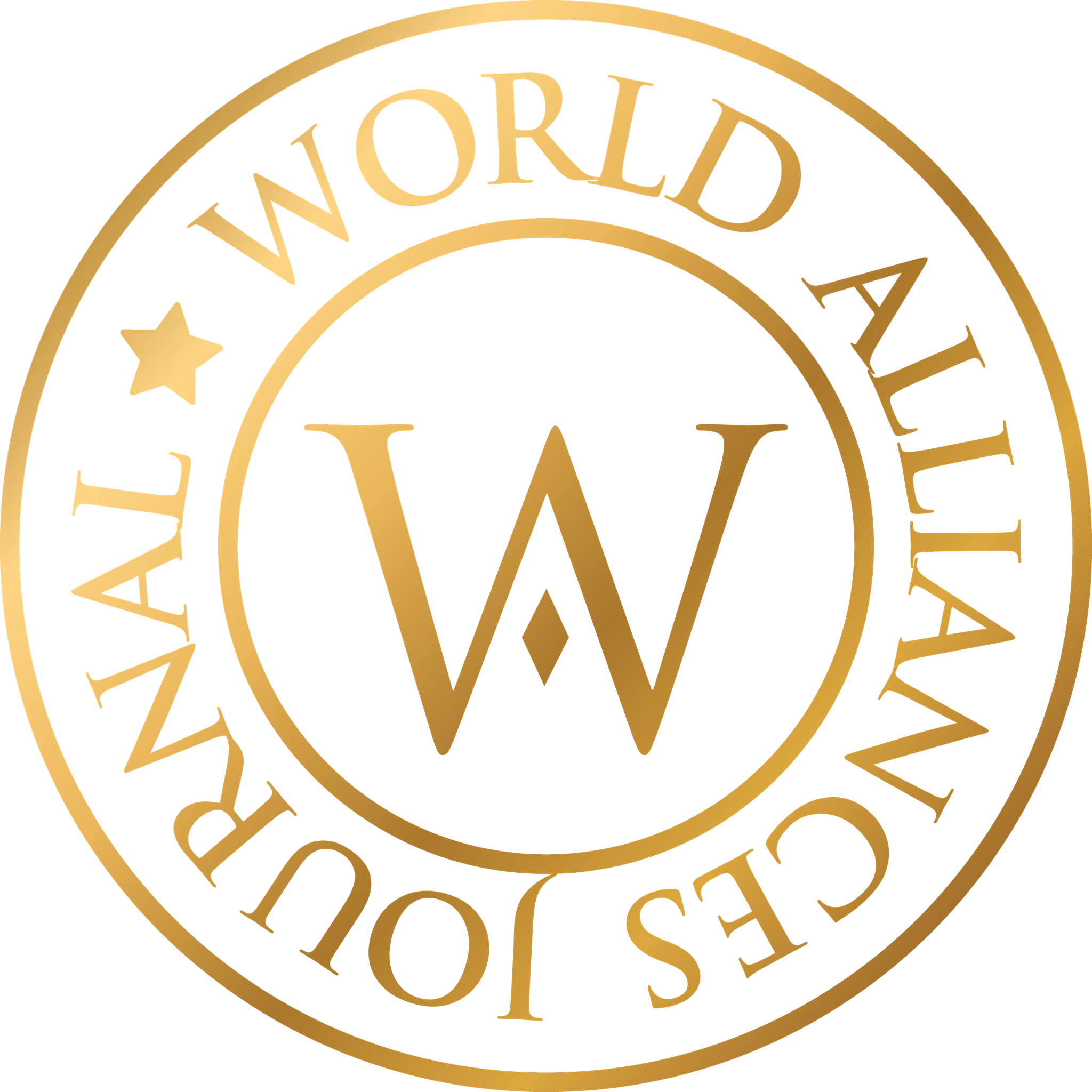
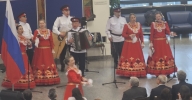
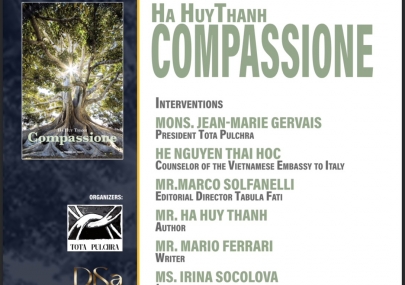
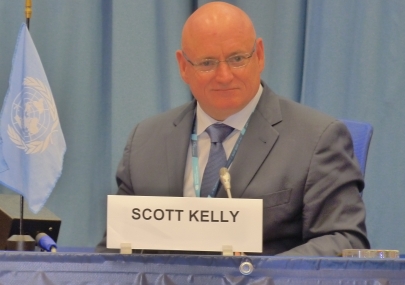
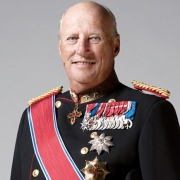
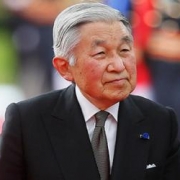
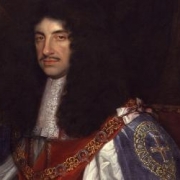
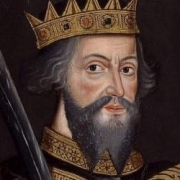







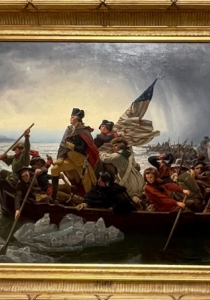
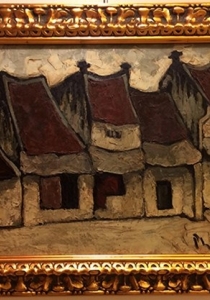
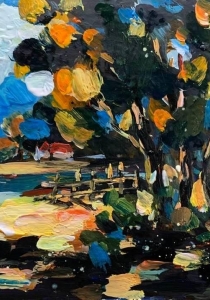
Comment